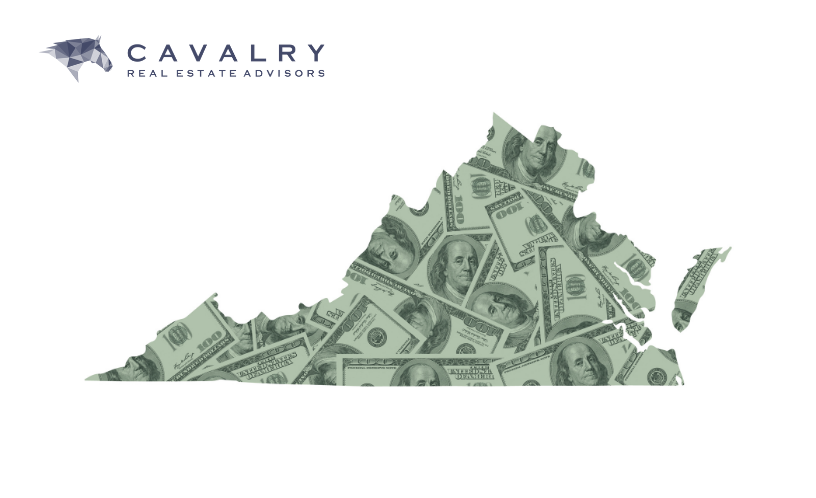Why You Should Submit Virginia I & E Data This Year Even Though You Don’t Have To

Did you know that a tax appeal isn’t the only way to reduce your real estate taxes? If you have a property that isn’t performing well or has experienced hardship over the past year, your first and best line of defense is providing updated information to your local assessors prior to the next tax reassessment.
No one LIKES paying property taxes. And no one LIKES receiving a new real estate tax assessment notice, (unless you’re a real estate tax service provider like me, and it’s your job). These are simply painful (and sometimes expensive) realities. But with the unavoidable comes opportunity to mitigate the pain. And that first opportunity comes with the information you may or may not be supplying to the jurisdiction that is assessing your property.
Every spring, most Virginia jurisdictions throughout the Commonwealth request financial information from commercial property owners. That request usually asks for the prior year’s income and expenses reported at the property, capital expenditures, leasing activity and information on leases in place as of year-end.
This information is deemed mandatory by some jurisdictions, but in reality the submission is still voluntary in the sense that monetary fines and penalties are not imposed if the information is not supplied. This is different than Washington, D.C., and Maryland, where monetary fines are issued for failure to submit. Accordingly, in Virginia, many property owners choose or are advised not to submit this information.
And if your property is humming along and performance has remained steady or improved, then there is very little downside risk to not providing that information. However, every year you should ask yourself: is there any information in my property’s performance that I should be providing to the assessors that would result in them reducing or moderating an increase in my assessment the following year? Because absent you providing that information, your property may be lumped in with other properties that perform differently or have a different story to tell. That means your assessment may be issued higher than it should be.
Because in Virginia, assessors use what is called mass appraisal, and employ a uniform and equalized approach to assessments. Broadly speaking, that means they collect information from the broader market (i.e., you and other property owners with buildings like yours) and then extrapolate from that data to apply those metrics to all properties of that type. So by not providing information on the warts and struggles of your own property you are running the risk of your building being valued based on the broader market and what your neighbors told the assessor about their property, even though your property may be experiencing something different.
Last, if you choose not to provide the assessors with financial information about your property and you decide to appeal your assessment the following year because you disagree, you WILL be required to pony up that data as a prerequisite for appeal.
So you gotta ask yourself… Do I feel lucky? Because if you choose not to provide that information, especially in this market, then you’re rolling the dice and potentially setting yourself up for an unwarranted increase in your assessment the following year and an otherwise unnecessary appeal.
BACK TO ARTICLES